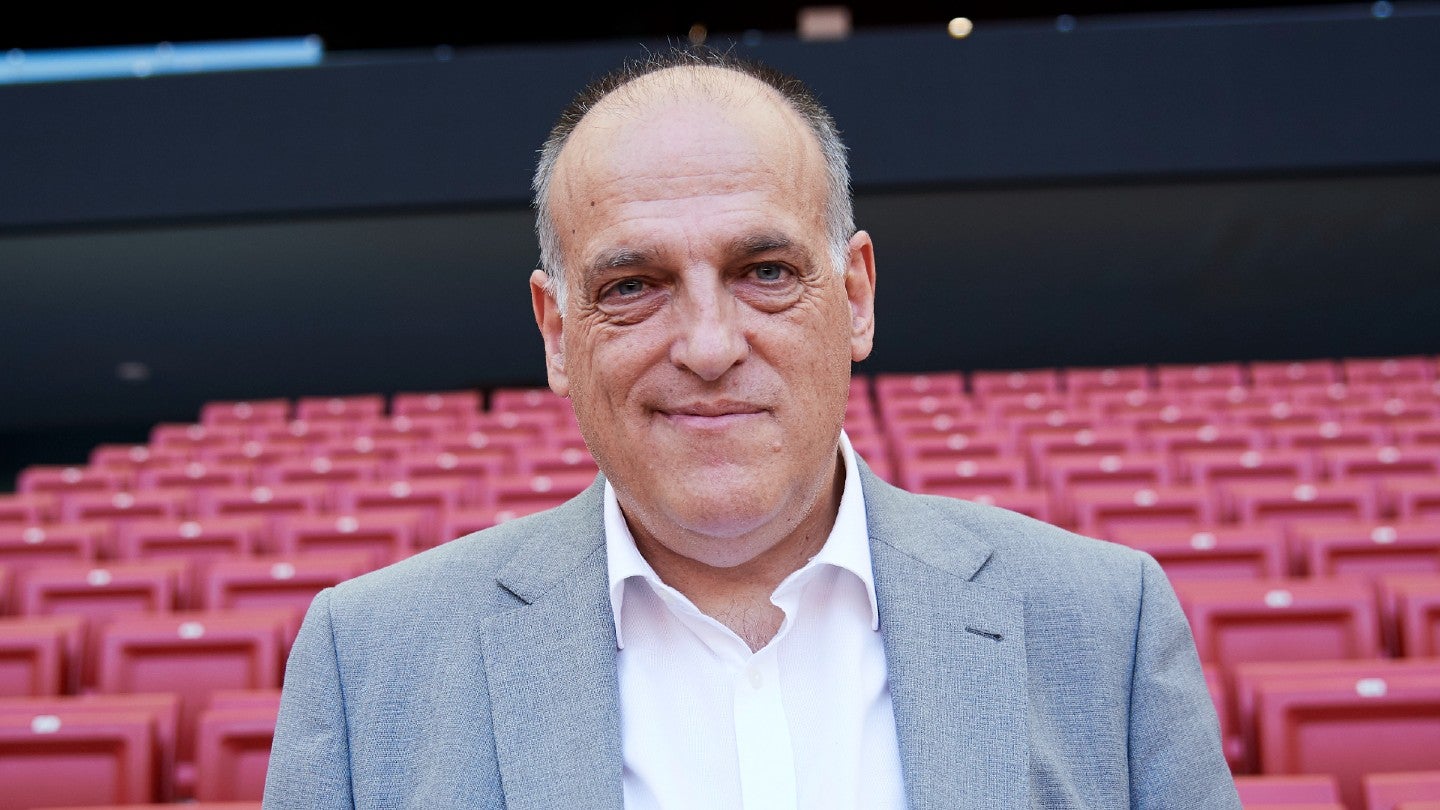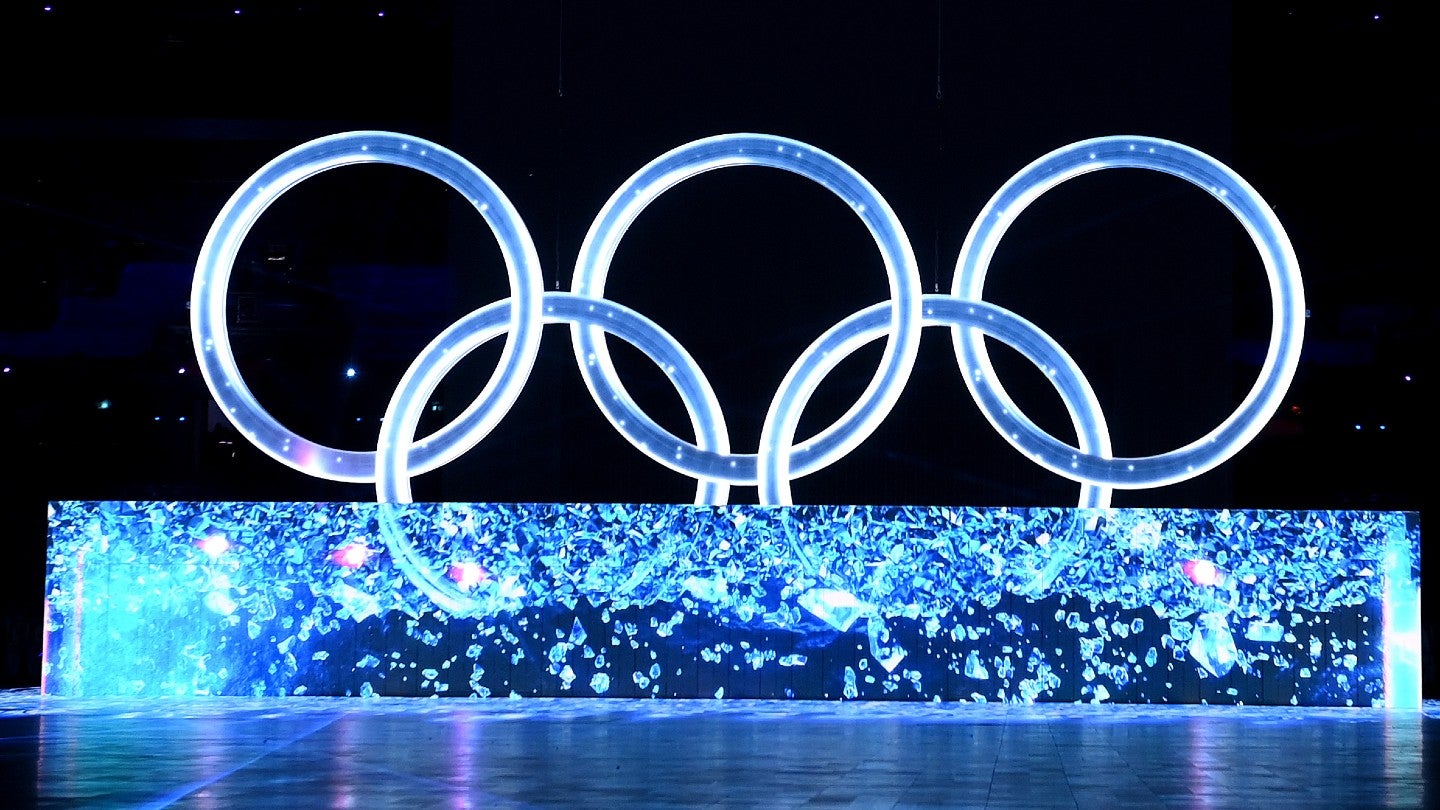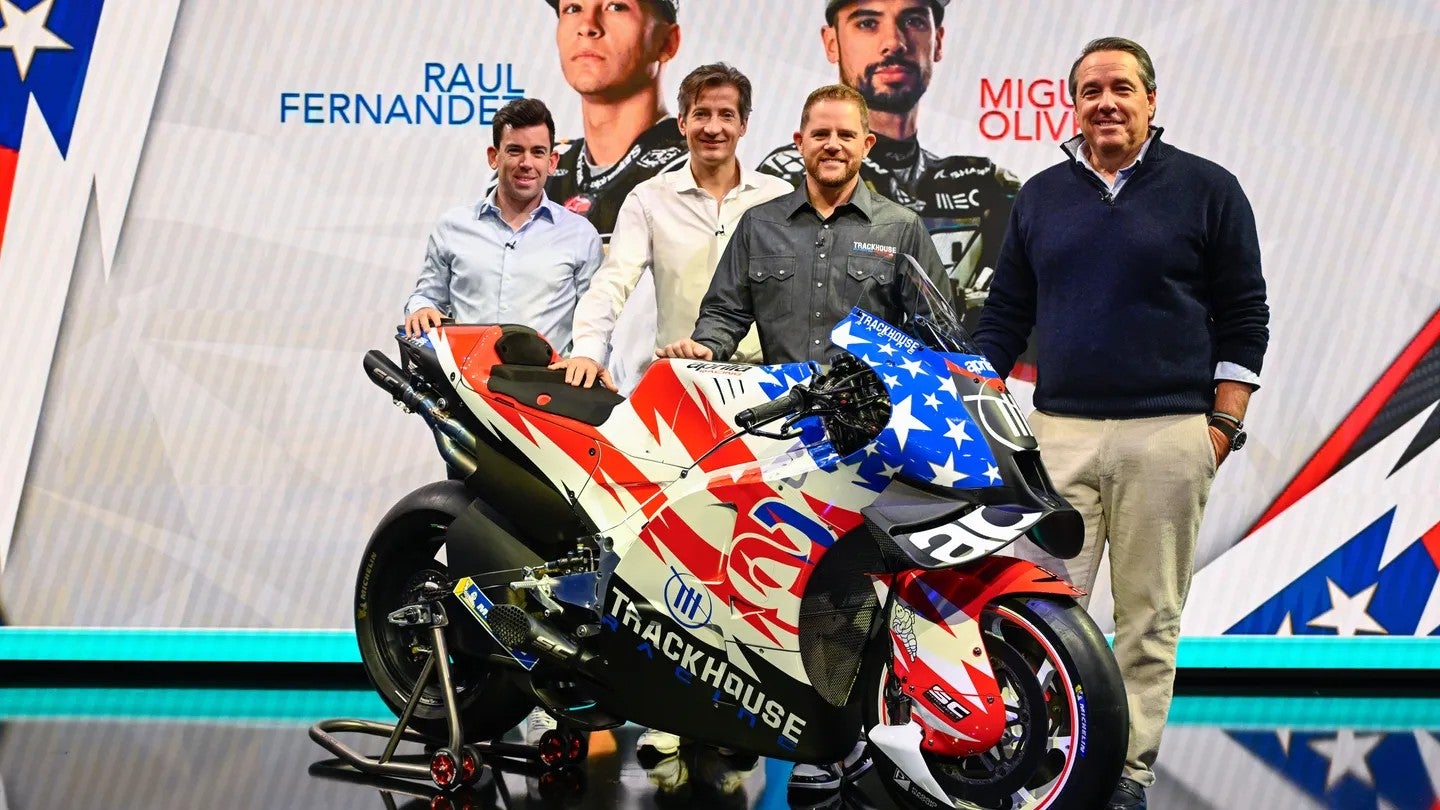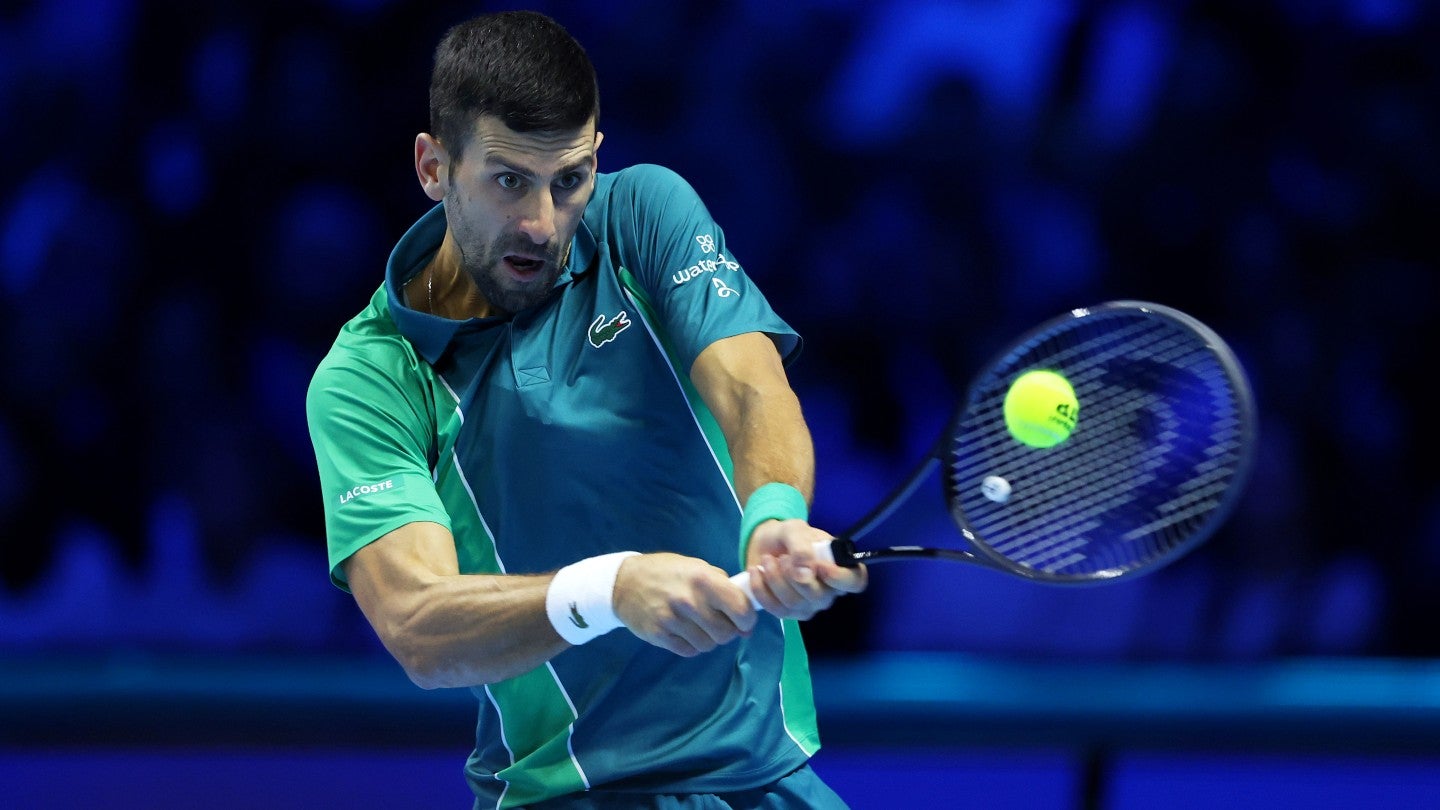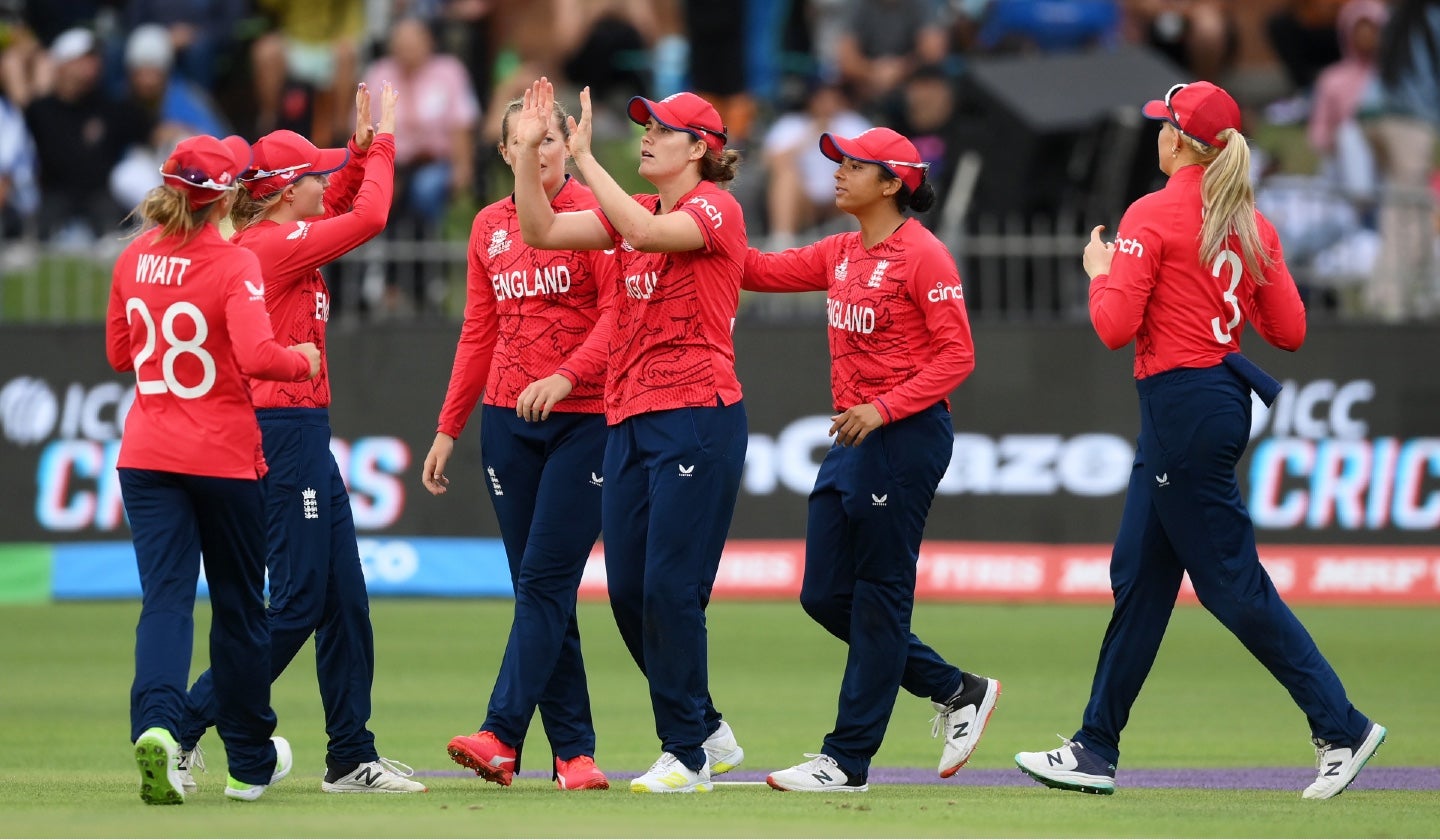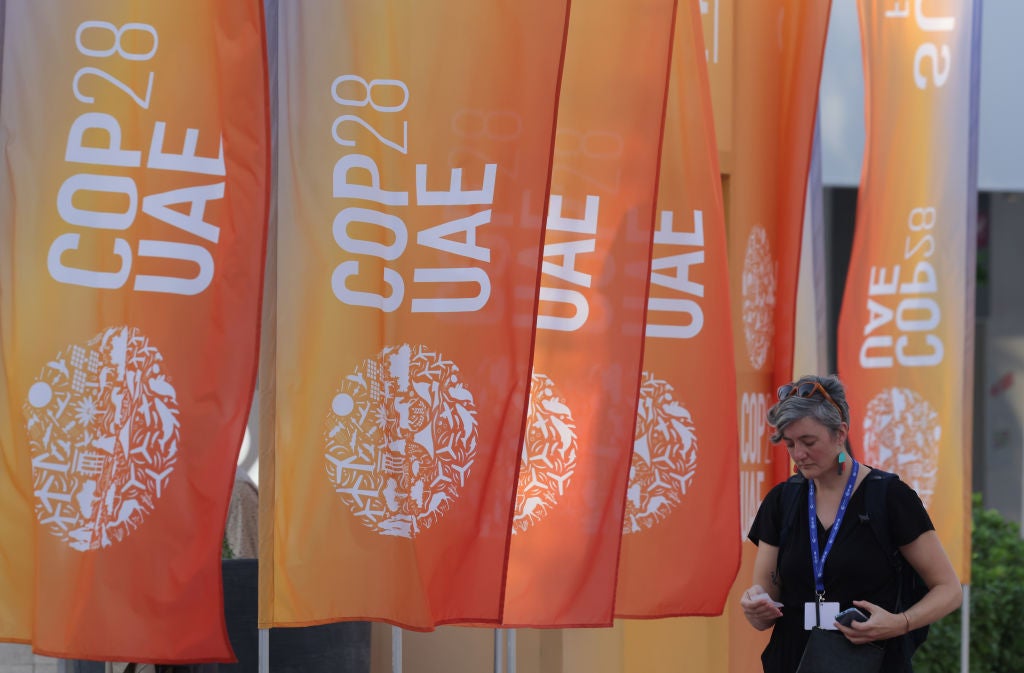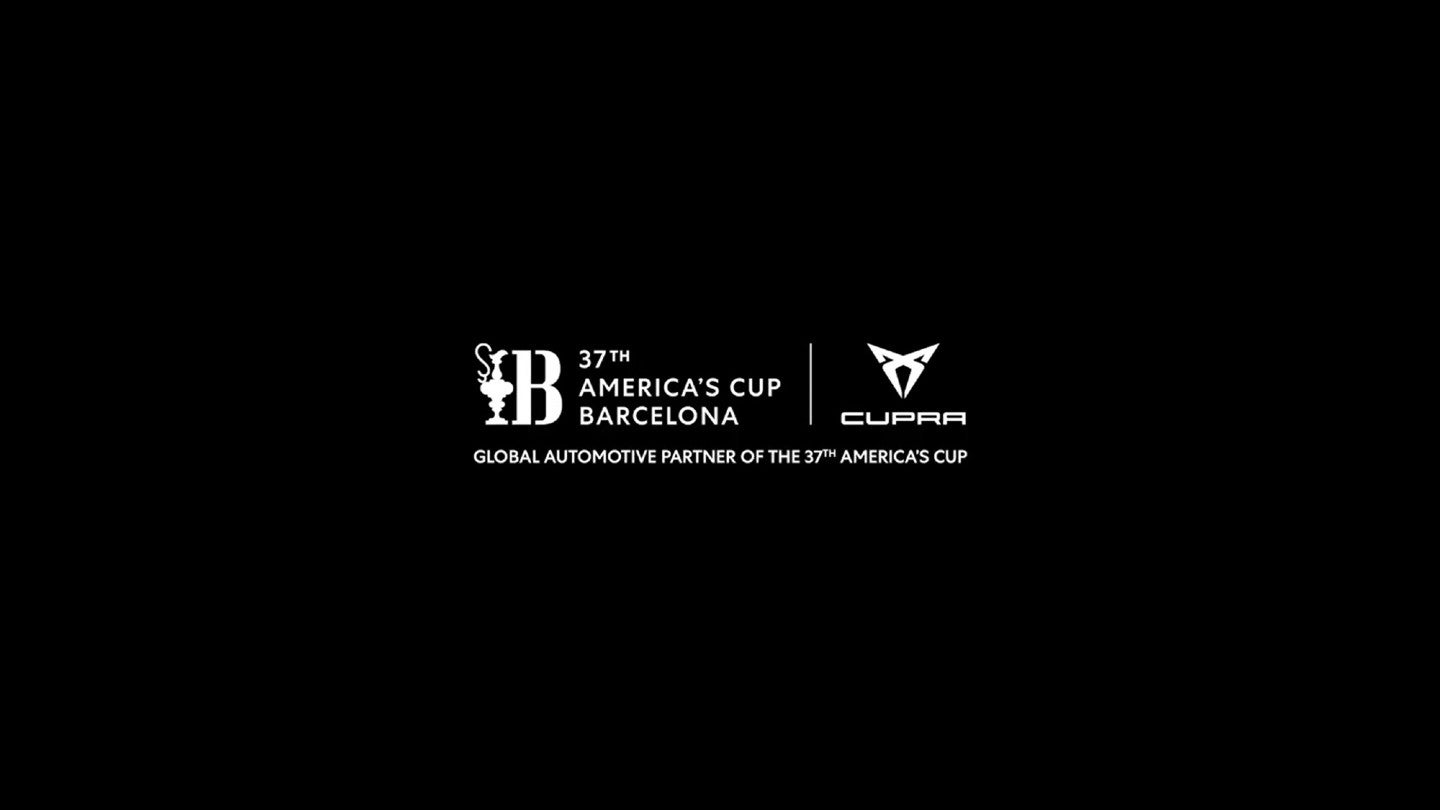Javier Tebas, the recent former president of Spanish soccer’s LaLiga, has been provisionally reinstated to his position after running unopposed for the organization’s upcoming presidential election.
Tebas, whose third term as president was set to end on December 23, resigned from the role two weeks ago (November 22) in a strategic move to expedite the selection process for the next presidential term, which he then entered himself into.
Had he seen out his term, the appointment process would have been drawn out over the seasonal holidays and coincided with the presidential elections for the Royal Spanish Football Federation (RFEF), Spanish soccer’s national governing body, as well as the European Court of Justice’s final verdict on the validity of the failed European Super League (ESL) project (expected on December 21).
This move, however, has allowed the process to take place rapidly, with Costa Rica-born Tebas set to begin his fourth term on December 14 after LaLiga confirmed yesterday (December 5) that he is the only candidate running in the election.
It said: “Having examined the candidacy presented by Mr. Javier Tebas Medrano, having verified that it has been presented in a timely manner and that it complies with the statutory and regulatory precepts applicable to the purpose, and there being no more candidacies, provisionally proclaim Mr. Javier Tebas Medrano, president of LaLiga.”
It added that Tebas could start his term two days early on December 12 if no appeals against his re-election are filed.
Tebas has ran unopposed for the position all three previous times he was appointed, in 2013, 2016, and 2019, and is the second-longest serving president in LaLiga’s modern history, behind Antonio Baró Armengol, who held the role for 17 years from December 11, 1984, to February 11, 2021.
Should he see out the next term, which expires in 2027, he will have led the organization for 14 years.
Despite counting on the support of LaLiga’s clubs consistently throughout his term, Tebas is a polarizing figure among both soccer fans and figures in the industry due to his tendency for outspoken comments.
In October 2022, international pay-TV giant BeIN Media Group launched legal proceedings against Tebas, citing a breach of professional ethics after the Spaniard had made inflammatory remarks about the broadcaster.
This public feud also put the international rights for LaLiga that BeIN had held in jeopardy, showing the wide-ranging effects that Tebas himself has drawn on the league in the past.
Despite this, his drive for investment and the sustainability of the Spanish game has endeared him to a number of the higher-ups of Spanish clubs.
Most recently, the league revealed its Impulso project has distributed around €1 billion ($1.09 billion) to its constituent clubs, which shored up support for Tebas with the majority of LaLiga sides.
The scheme, which aims to revamp the league’s commercial outlook by distributing funding to clubs to utilize across a range of areas, was made possible due to €2 billion of funding from US investment group CVC, and €1.4 billion has already been dispensed to the league.
The money distributed to clubs is earmarked specifically to improve their off-field outlooks, with 15% of the overall €2 billion allocated to debt resolution, 15% to financial fair play commitments, and the remaining 70% for growth of the clubs taking part.
However, not all clubs have supported the project or Tebas’ moves to modernize LaLiga, with giants Real Madrid launching legal challenges against both the league and Tebas himself over decisions they believe are driven by his hostility towards the club, stemming from the side's opposition to the Liga Impulso and previous support of the failed ESL project.
Earlier this month, the club lost their latest court appeal against the league and Tebas over how the first division distributes its television rights, as well as new media access requirements handed down ahead of the 2023-24 season.
Real Madrid and LaLiga have been at loggerheads since LaLiga announced changes to how LaLiga distributes television revenue between LaLiga clubs and increased media access for broadcasters as part of its title partnership with video game developer EA Sports for the 2023-24 season.
Specifically, Madrid strongly opposed LaLiga’s mandate to install cameras inside all dressing rooms and during team huddles on the pitch, as well as making coaches and players available to operators for pre-and post-game interviews and introducing microphones during hydration breaks in a move designed to provide fans with unprecedented behind-the-scenes access.
They also opposed changes made to how the distribution of broadcasting rights - 25% of the total pie - will be carried out among clubs. Traditionally, the redistribution was split based on the “social implementation” of each club, which considers television audiences generated, giving Real Madrid and rivals Barcelona a bigger slice.
However, as part of the changes, 25% will be distributed according to how much access clubs give to LaLiga’s new behind-the-scenes initiative. As a protest, Real Madrid have stopped granting pre-and post-match interviews with their players and coaching staff to LaLiga’s broadcast partners.


